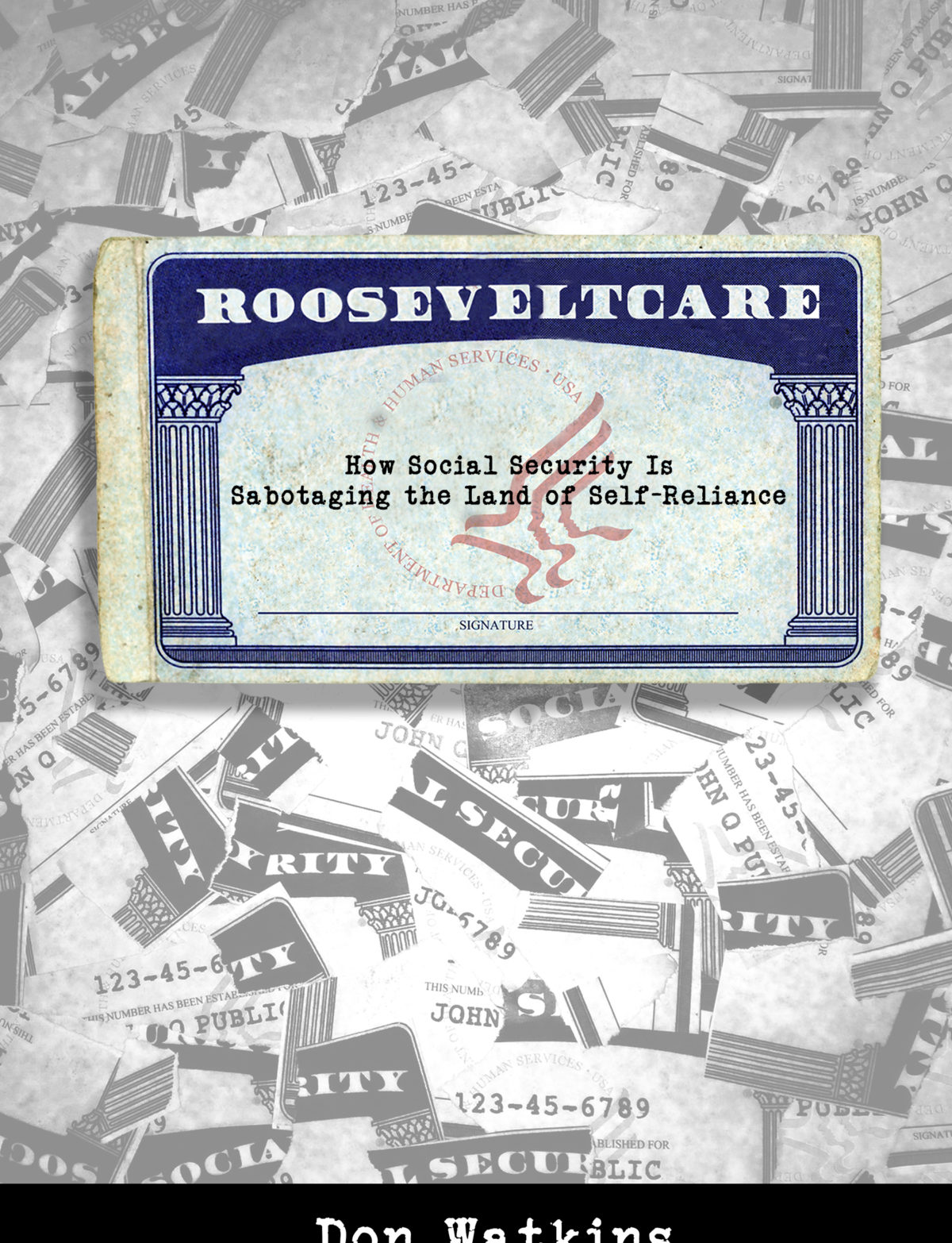If you are sick, there is no better place and time to live than America in the 21st century. The past 50 years have witnessed an explosion of medical innovation in the West. Drugs have been developed to lower cholesterol, fight AIDS, and altogether eradicate some diseases. Pharmaceutical companies have invested, and are investing, tens of billions of dollars each year researching new technologies to extend human life. Some day in the near future, doctors may be writing prescriptions to slow your grandmother’s Alzheimer’s, to kill your father’s brain tumor, or to vaccinate your baby daughter against the virus that causes cervical cancer. (Actually, cross that last one off the list—the HPV vaccine was invented a few years ago.) Just as our current era has been called the Information Age, the next era of human history may very well be dubbed the Biological Age.
Yet, despite the obvious benefits pharmaceutical companies bestow upon mankind, “Big Pharma” is more vilified than almost any other industry. Critics charge that pharmaceutical companies, in their reckless pursuit of profit, produce dangerous and ineffective medicines. They claim that drugs are rushed to market without ample concern given to possible health risks.
In fact, since the average drug takes 15 years and $500 million to produce, a pharmaceutical company puts its good name on the line every time it produces a new drug. The risk of expensive lawsuits, and the accompanying loss of credibility, always loom large. In the rare instances where drugs are found to have negative effects, they are taken off the market as quickly as possible. No drug company would last five minutes if it disregarded the well -being of its customers.
Big Pharma is demonized not because it profits by harming sick people, but because it profits from treating them. What critics imply, but never say openly, is that there is something nefarious about making money by fulfilling a vital human need.
Is there? Businesses earn profits by creating values to fulfill the needs of potential customers, and the more crucial the need, the greater the value. Big Pharma makes massive profits because it produces medicines that are of great value to sick people—of such great value that the sick are willing to pay top dollar for them.
Does this mean, as Big Pharma’s critics say, that drug companies are holding the sick hostage? Of course not. Such a view implies that sick people are the rightful owners of the drugs, which pharmaceutical companies illicitly swipe and hold for ransom. In fact, it is the pharmaceutical companies that have a right to the drugs that they have created.
Life-saving medicines don’t grow on trees. The “miracle” drugs that improve our health and extend our lives must be discovered. They would not exist were it not for the enormous investments of time and money made by the men and women who work in the pharmaceutical industry. It takes the ingenious effort of thousands of individuals and hundreds of millions of dollars to bring a single drug to market. As with any other commodity, those who create these remedies have a moral right to set the terms of their sale. And to profit handsomely from their achievement.
The enemies of Big Pharma disagree. On their view, achievement is not to be rewarded, but punished. And the greater the value one creates, the less of a right one has to it.
This is a perverse injustice. There’s nothing wrong with making money by servicing people’s needs. Productivity is a virtue, not a vice. The fact that Big Pharma profits by helping sick people is something for which it should be lauded, not derided.
So I say: Praise Big Pharma!
Dan Edge is a 29-year old small business owner living in Rockland County, New York. He earned a Bachelor’s Degree in Philosophy from the University of South Carolina, and is currently a Sophomore at the Objectivist Academic Center. He keeps a weekly blog called “The Edge of Reason” at http://danedgeofreason.blogspot.com.


